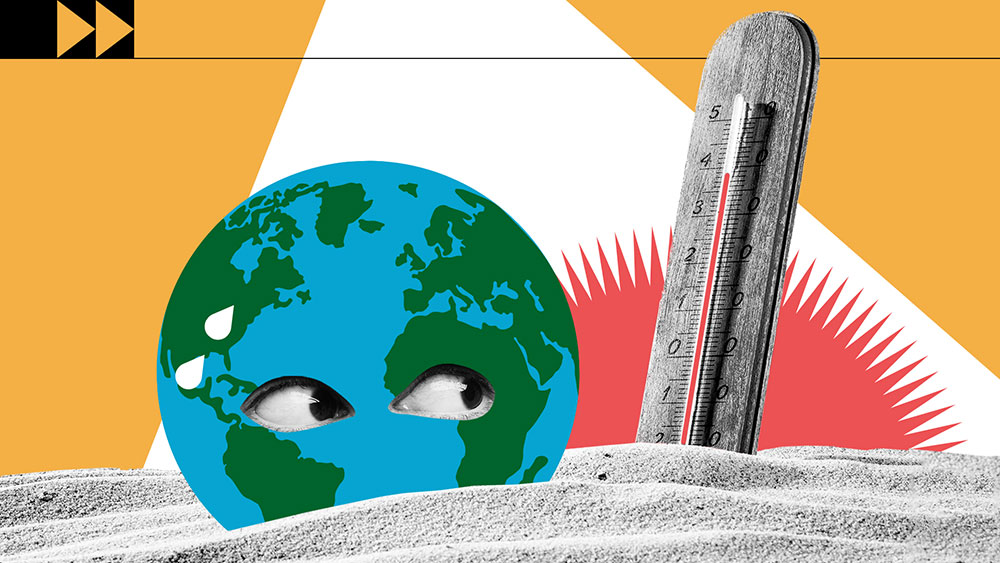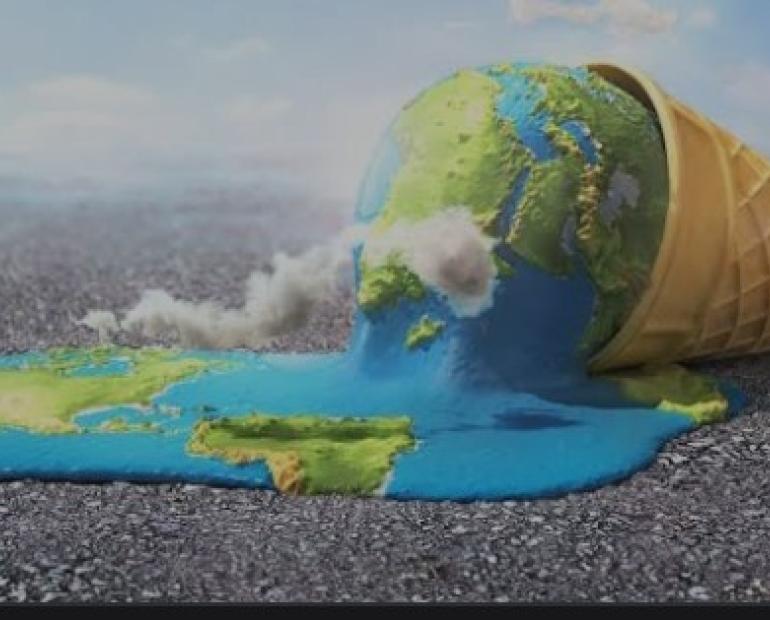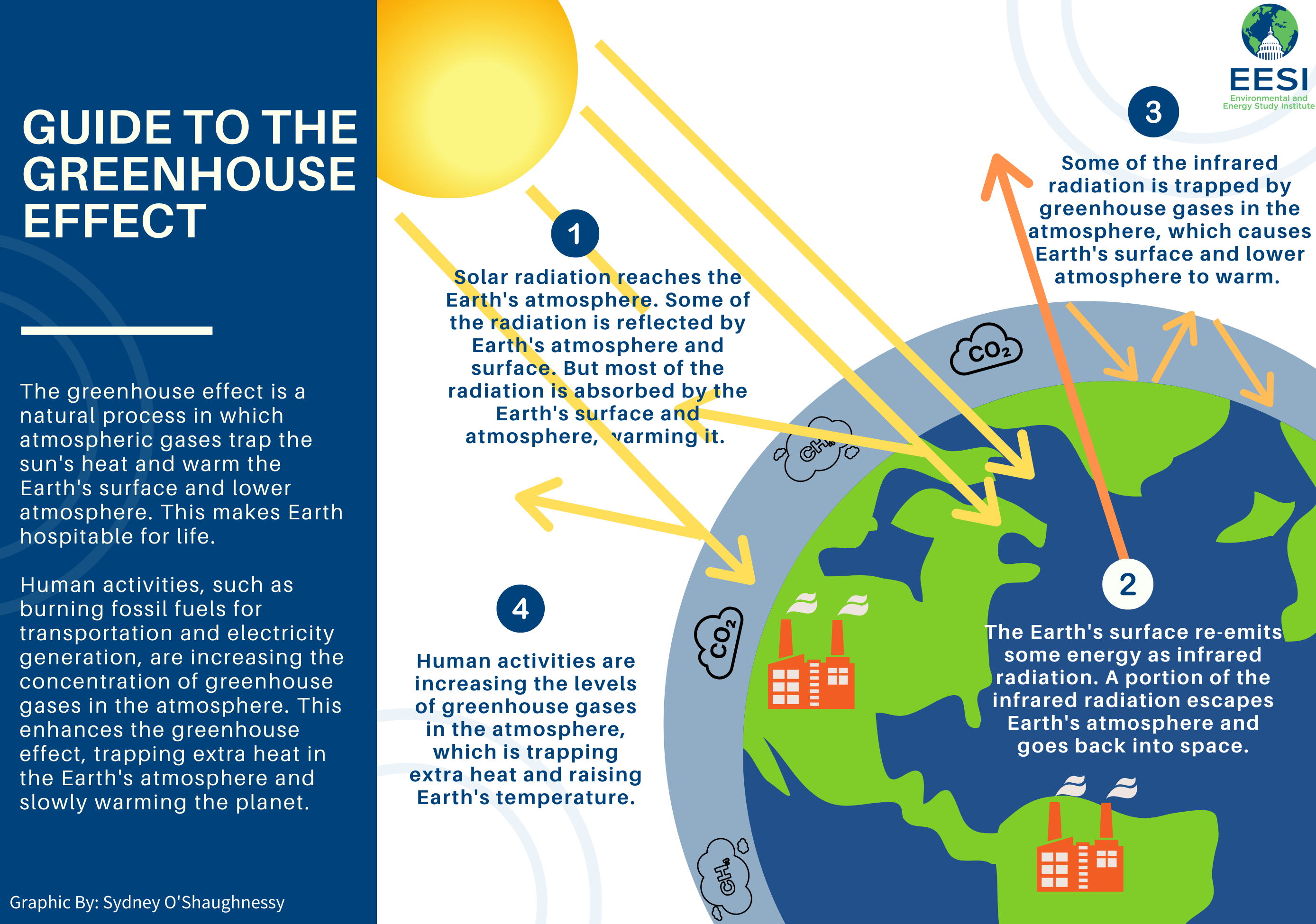Global warming is the long-term warming of the planet due to the increasing levels of greenhouse gases in the atmosphere. These gases, such as carbon dioxide and methane, trap heat from the sun, causing the Earth's temperature to rise. While a certain amount of warming is natural and necessary for life on Earth, the rapid increase in global temperatures caused by human activities is having serious and potentially catastrophic consequences.
One of the primary reasons why global warming is bad is that it is causing the Earth's climate to change at an alarming rate. These changes are already being felt around the world, with more frequent and severe heatwaves, droughts, and storms. This can have serious impacts on agriculture, leading to crop failures and food shortages. It can also lead to more frequent and intense natural disasters, such as hurricanes, floods, and wildfires, which can cause destruction and loss of life.
Another reason why global warming is bad is that it is leading to the melting of the polar ice caps and the rise of sea levels. As the ice caps melt, they contribute to the rise in sea levels, which can lead to flooding in coastal areas. This can have serious consequences for communities that rely on the coast for their livelihoods, as well as for wildlife that lives in these areas. It can also lead to the displacement of people who are forced to move inland to escape the rising waters.
Global warming is also having a negative impact on biodiversity. As temperatures rise, many species are finding it difficult to adapt to the changing conditions. This can lead to the extinction of certain species, as well as the loss of vital ecosystems. For example, coral reefs, which are home to a diverse array of marine life, are being damaged by rising ocean temperatures, leading to a decline in the number of coral reefs and the loss of important habitats for marine species.
Finally, global warming is having negative impacts on human health. Heatwaves and extreme weather events can cause injuries and fatalities, and the increasing prevalence of diseases such as West Nile virus, Lyme disease, and malaria is being linked to global warming. The changing climate is also having an impact on air quality, with higher levels of pollution leading to respiratory problems and other health issues.
In conclusion, global warming is a serious problem that is having far-reaching and potentially catastrophic consequences for the planet. It is important that we take action to reduce our greenhouse gas emissions and mitigate the impacts of climate change before it is too late.
Global Warming: Not an Immediate Problem

Others have given helpful explanations of the difference between short-lived natural climate variability and longer term climate change. Some past environmental problems offered far easier solutions. These thoughtful approaches, unlike more aggressive proposals promoted by some environmental groups, will avoid the need to retire existing capital stock. On Real Clear Markets article Dr. Higher temperatures increase heat-related illnesses and make working outdoors more difficult. Horwitz estimates the loss of more than 500,000 jobs per year between 1995 and 2010, with 1,000,000 jobs lost two years after the tax was fully implemented. As the World Meteorological Organization also notes, any increase in the number of fatalities, injuries and amount of damage and destruction caused by extreme events can often be related to population increases, especially in those regions most susceptible to climate variability.
Global Warming: Not So Bad?

Other birds, including the chipping sparrow, Carolina wren, American robin, and northern cardinal have expanded their ranges north because of warmer winters caused by the climate crisis. . Beyond ecosystem impacts, the extreme cold will take a toll on people who are exposed, posing life-threatening risks for the unhoused, in areas where there are power outages, and for those risking travel through the hardest-hit regions. The Framework Convention states only that policies and measures to deal with climate change should be cost-effective so as to ensure global benefits at the lowest possible cost. Out West, things look dire for the Colorado River and the 40 million people who depend on it. Marshall Institute, The 40-year record confirms the satellite finding of a cooling trend in the Arctic.
Opinion: Studies show climate change is not as bad as portrayed

After a powerful tornado hit Joplin, Missouri last May, 13 people were infected with Apophysomyces — five of them died. It may seem like there have been intense snowfall in recent years, but scientists have actually noted that there is less snow in the spring. The study notes that the burden of carbon emission reductions falls on the United States and on other industrialized countries at a time when the former Soviet Union and the developing nations of the world are emerging as the primary contributors to the growth of greenhouse gases. First, the complications of climate factors, such as the reflection of sunlight, the role of cloud cover, and the feedbacks associated with snow and ice, are still not understood well enough to permit the creation of totally reliable climate models. Over the past decade 2010—2019 , weather-related events displaced an estimated 23. But, before we move much beyond the research stage, it would be prudent to establish whether global warming actually does threaten our well-being.







